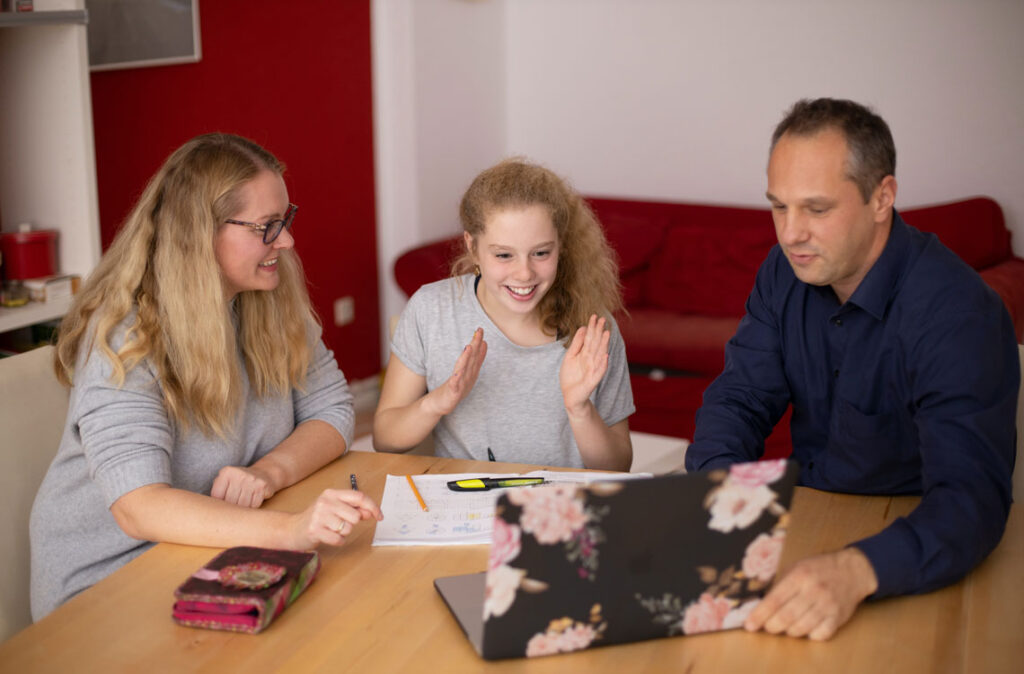
Shared parenting can get complicated after a separation or divorce so it's vital to be on the same page about what is best for your child
Parenting is an incredible experience but despite the seemingly endless number of books written on the topic, there is no guidebook for your specific, unique situation.
This becomes even more clear after a separation or divorce when shared parenting requires even more understanding, patience and compromise than you could have imagined.
And while every situation is different, there are some universal tips that will help you navigate the challenging time in your life.
1. Keep consistent routines in both households
Routines helps increase harmony in the home, reduce stress and promote a sense of achievement and connection.
Following consistency in routines supports your parenting and increases your child’s sense of well-being and security. Whether it’s eating, sleeping or extra-curricular activities, children can get frustrated or anxious when they don’t know what to expect and this can lead to challenging behaviours.
2. Ask your child for their input
Instead of just laying down the law of how things are going to be from now on, be as flexible as you can. Ask your child what is working for them and what isn’t. See if they have any suggestions on how to create a more enjoyable or supportive environment for everyone involved.
They may have a solution to something that you haven’t thought of or come up with a compromise that is better than the one already in place.
3. The same rules apply with both parents
Separation and divorce can be extremely tough on children and erratic behaviour is to be expected. However, that doesn’t excuse ongoing bad behaviour and if it needs to be addressed, it is best to do so as a united front with your former partner.
Listen to what your child has to say, answer any questions they have as best you can and then discuss the rules and boundaries (for both parent and child) that will apply going forward.
4. Give your child positive attention
We all crave attention and child will seek it in whatever way it comes, so allow them the opportunity to seek positive attention.
Instead of focusing on what your child is doing wrong and constantly correcting them, the key is to focus on what your child is doing well. This may require looking deeply but finding even the smallest thing can make a big difference. It’s about moving the energy away from highlighting ‘negative’ behaviours to noticing ‘positive’ behaviours and encouraging them to do more of that.
5. Take pride in your family
Families, in today’s society, are diverse, and no one family is the same as another. Having a family outside of what is considered “traditional” or “normal” is completely okay.
It is vital that you and your child are proud of your family unit and how you have created a space where everyone feels loved, included and appreciated, despite your differences.
For further resources and information on this topic, go to OneFamily.ie
